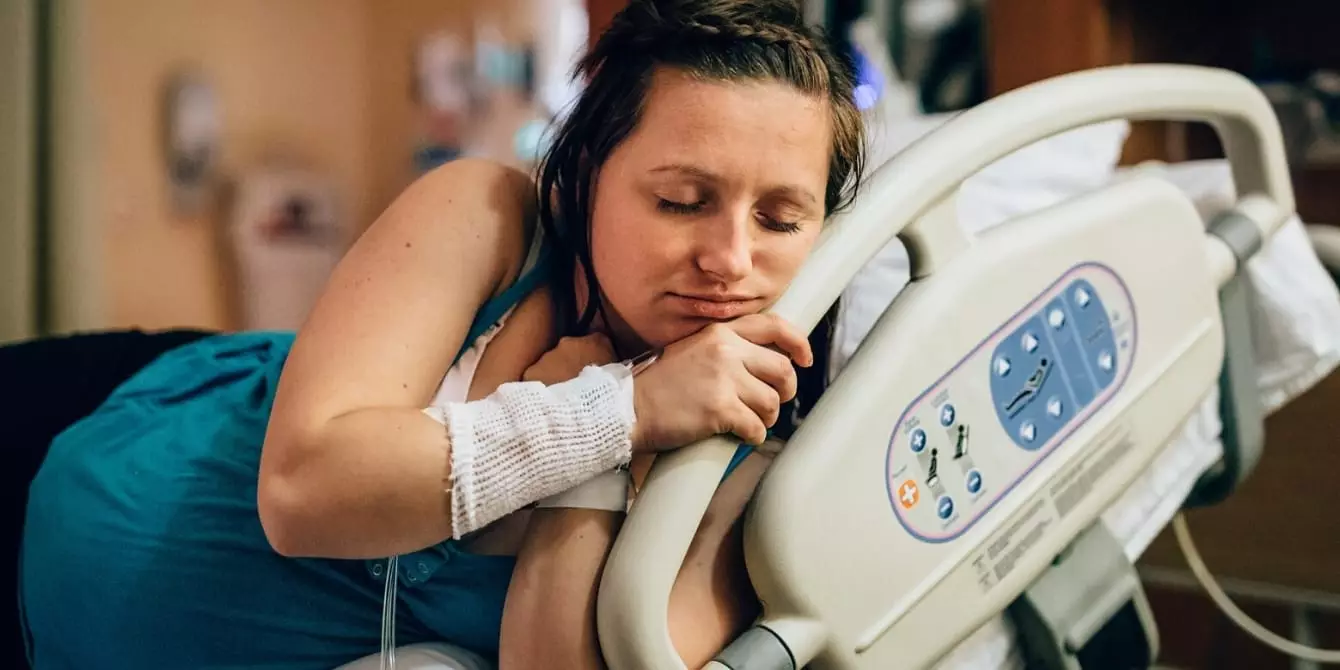As I approached the much-anticipated moment of my first child’s birth, the conversations around delivery methods swirled with overwhelming intensity. When my midwife initially asked me how I envisioned my birthing experience, my instinctive reaction was clear: “I don’t want an epidural.” This seemingly resolute stance stemmed from a combination of my fear of needles and an innate desire to garner societal approval for choosing a more “natural” route. What followed was an exploration deeply rooted in my family’s historical narratives surrounding childbirth.
Researching various birthing techniques was more overwhelming than enlightening for me, leading me instead to reflect on the experiences of the women in my family. Discussing my mother’s experience gave me a glimpse into the reality of labor; she relayed how challenging it was, with a muted acknowledgment of medication being part of her adaptation. Insisting on keeping the conversation about unassisted birth and natural remedies alive, I reached out to my grandmother’s stories, which evoked both reverence and fear.
The legacy of childbirth in my family had a distinctly different flavor, particularly as I listened to tales of my paternal grandmother, Eva. Born and raised in rural Appalachia, she navigated a life of trials in the 1920s, particularly with childbirth. The narrative of her first delivery highlighted a stark dichotomy between her experiences and the modern healthcare choices I was afforded. In an era when medical interventions were minimal and the concept of a birth plan was nonexistent, Grandma Eva’s story of giving birth alone in her farm loft resonated with echoes of fortitude and resilience. It painted a vivid portrait of what it meant to manage pain and uncertainty with sheer determination—an experience from another time that was painful yet proud.
As I delved into these familial stories, I began distilling a renewed perspective on what truly mattered: the health of both my baby and myself. The allure of societal validation diminished swiftly compared to the imperative of ensuring we emerged from this ordeal unscathed. The countdown to my due date was a mix of excitement and trepidation, compounded by the incessant inquiries into my feelings and status. Even as my physical wellness prevailed, my emotions were a turbulent sea of impatience and anxiety as the due date passed without event.
Upon reaching the milestone of 41 weeks, I was introduced to a harsh reality during a routine non-stress test—the recommendation for an induction loomed ever greater due to the nuances of “advanced maternal age.” After some internal wrestling, I agreed to the induction plan; my focus shifted entirely towards ensuring the well-being of my baby. The contractions commenced shortly after receiving Misoprostol, leading me into a haze of pain and determination.
Pain can be uniquely isolating, but it simultaneously draws out resilience. As I laboriously counted the centimeters of dilation, I inquired about anesthetic assistance for relief. The administered IV drugs provided a semblance of comfort, enabling me to float momentarily between contractions while grasping the enormity of what was happening.
The experience of childbirth quickly morphed from something I thought I could manage independently to a realization of the value of modern medical support. After several exhausting hours, a mix of interventions led to the ultimate moment of arrival—my baby was finally here. Despite the arduous journey, central to that moment was my recognition of what it means to be “strong.”
Redefining Strength: An Epiphany in Motherhood
In the thick of it, with countless doubts about my decisions clouding my thoughts, I ultimately shouted my resolve: “I don’t give a crap. I’m getting the epidural!” The relief brought on by the choice was palpable, marking a transformative moment not just in my labor, but also in my understanding of strength and motherhood.
Reflecting later, my husband’s expression of seeing my grandmother’s strength in me during labor served as a bridge between generations that I hadn’t anticipated. It was a profound recognition of hereditary resilience—a beautiful intertwining of past struggles with present perseverance.
As I cemented my choices in my birthing narrative, I accepted that the path we chose might not be universal, but it was one crafted to fit our circumstances. The crux of my experience boiled down to a singular truth: we paddled through this storm to emerge on the other side—healthy and grateful. In this intersection of personal choice and inherited strength, I finally understood that every mother’s journey, however unique, deserves reverence and support. The essence of motherhood is borne not from perfection but from authenticity, love, and the courage to honor our individual paths.

